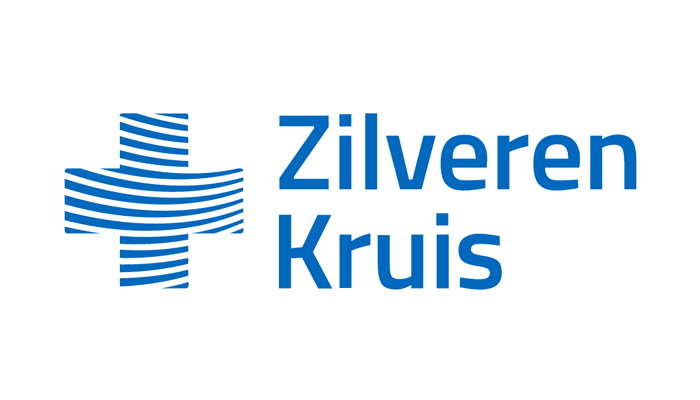
At the end of the year we can opt for a different health insurance policy. Do you also struggle every December with the question 'Should I switch or not?' You're not the only one. Yet it often remains a matter of dubbing, because comparing and choosing seems almost impossible. Do you go for the lowest premium, the cheapest additional packages or do you look at the content? It is difficult to select the right mix. We have listed what you should pay attention to. This way you choose a package that suits you – and maybe you can save.
All health insurance policies consist of a basic package
Every health insurance policy consists in any case of a basic package. The government determines what care is involved in this. But think of costs for a doctor, hospital, psychiatrist or pharmacy. The basic packages of health insurers do not differ so much in terms of content. However, there is often a difference in the healthcare providers you can turn to: for example, one healthcare insurance policy has contracts with more or different institutions than another insurer.
Choose an additional package that you really need
You can expand the basic package with additional packages. With this you insure yourself for costs for the dentist, physiotherapist or optician, for example. Check carefully whether you need such a supplement: it's always nice if you periodically receive a substantial compensation for new glasses, but is it in proportion to the costs you would incur if you bought them yourself? An important tip is therefore: check whether you are not over-insured. Can you easily afford the extra costs – for example for glasses? Then you will probably be cheaper if you do not insure yourself for this.
Take a good look at your own risk
Do you usually incur a lot of medical expenses? Then opt for the legally required deductible of € 385: you pay a slightly more monthly premium, but you avoid sudden large expenses. You can also opt for a higher deductible. A higher deductible provides a premium advantage. The same applies to your deductible: if you can cover large expenses yourself, a higher deductible is often cheaper.
Make the trade-off between refund and in-kind policy
What you should also pay attention to: do you opt for a refund or a policy in kind? There is a substantial difference between them. Also with regard to the premium.
Refund policy
You choose which doctor, therapist or hospital you go to. You often advance the costs yourself. You declare this to the health insurer; then the reimbursement (refund) follows. You can often recognize this policy by the words 'free (care) choice'.
In-kind policy
A policy in kind is cheaper than a refund policy. The health insurer has concluded a contract with specific care providers: you usually only receive reimbursement if you go to them. Are you going to a healthcare provider with whom your insurer has not concluded a contract? Then you will often only be reimbursed part of the costs. That does not have to be a problem: there are probably contracts with the care providers and hospitals where you would probably already go. It is possible that you have to travel for a specific procedure.
Prevent overinsurance, choose the right extra coverage for you
The package you choose determines the amount of your premium. Therefore, check critically what a 'heavier' package offers you extra. If you receive reimbursement for care that you probably will not use, then it would be a shame to pay for it. This can differ per life stage. For example, are you working on expanding your family or have you just finished working? Your care needs can differ enormously, so adjust your policy accordingly.
- For example, do you need psychological care in case of overload? Then you might benefit from an additional mindfulness package.
- Contraception is no longer reimbursed by health insurers as standard. You can take an additional package for this.
- Are you busy having children? Then you can think of extensions such as delivery in hospital and maternity care.
- Do your kids need an orthodontist? Then it is useful to choose a package for this. But if they don't need braces, why would you pay a premium for that?
- Aids such as hearing aids, dentures and orthopedic footwear are only partly reimbursed via the basic package. Do you need these? Then you can insure the rest via a supplement.
- Do you expect to need additional informal care in the coming year? Then look for a package that fits that need.
If you have any questions, please contact our Service Center
Do you have questions about your health insurance or our agreements with various health insurers? Please feel free to contact us. Our Service Center is available every working day from 8.30 a.m. to 17.00 p.m., via sc@unie.nl and 0345 851 963.



